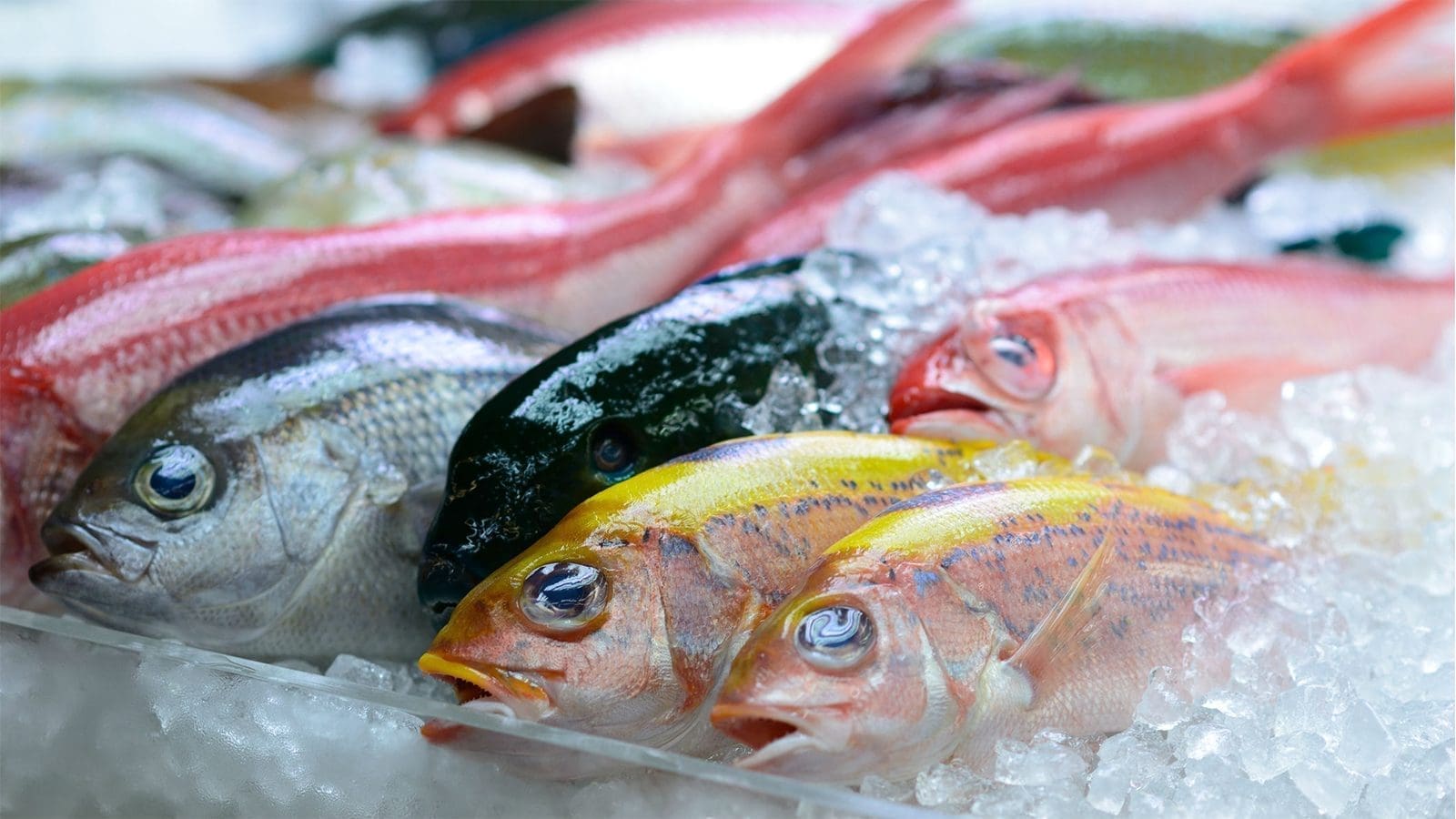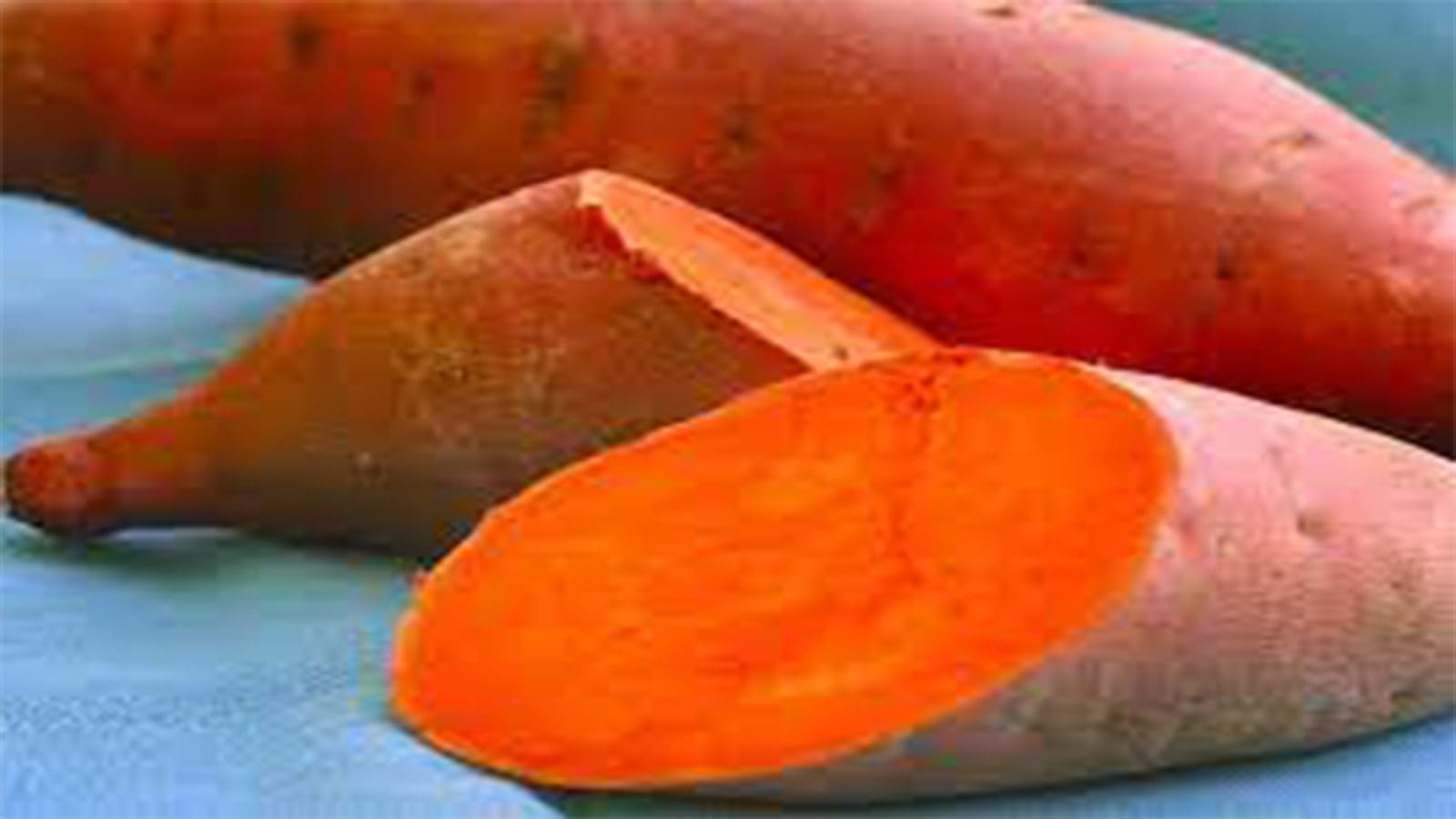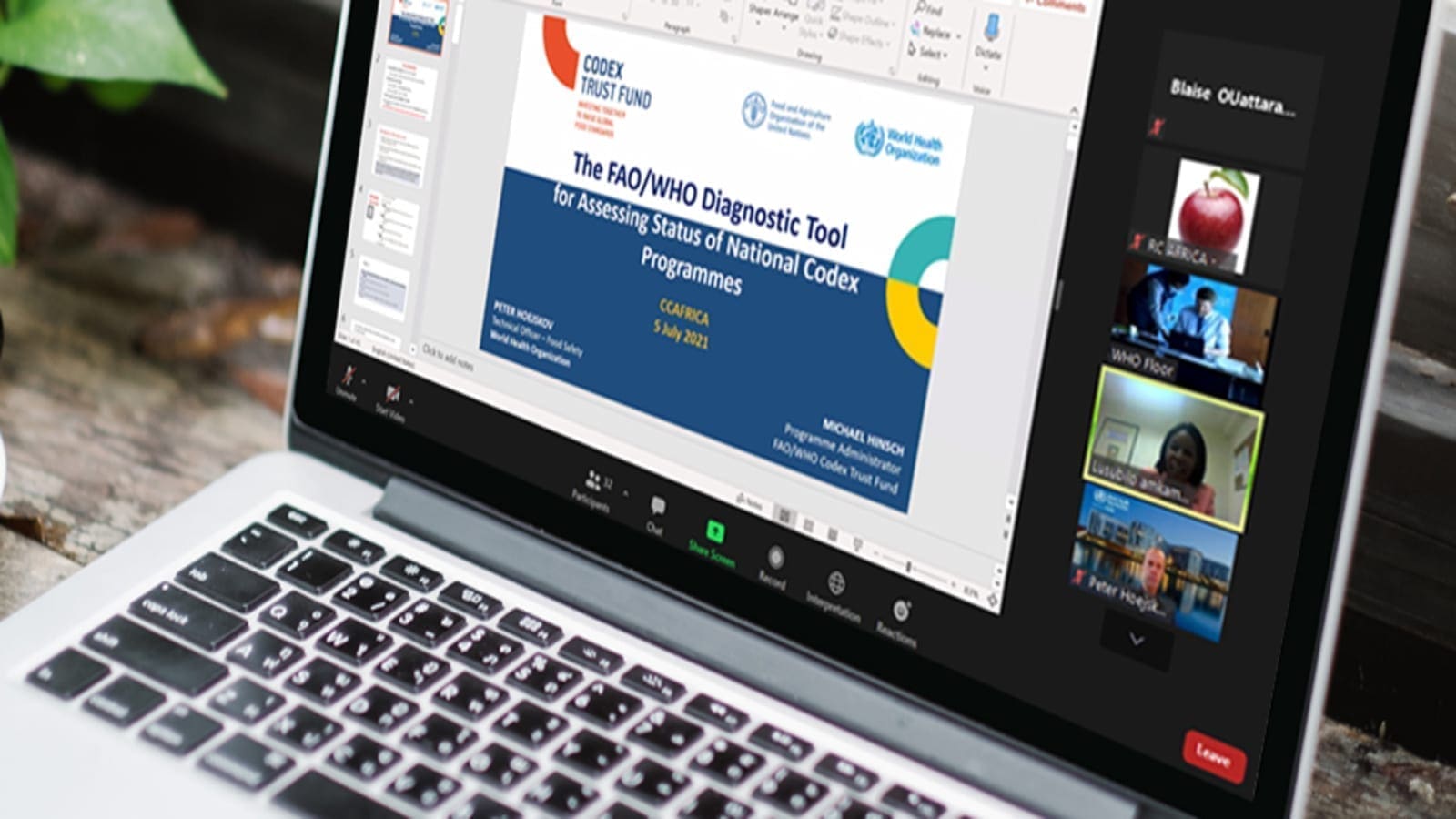TAIWAN – Taiwan’s main opposition party, KMT, has called on local officials to ban some radiation treated Japanese food imports after the island’s government lifted restrictions imposed in response to the 2011 Fukushima nuclear disaster.
The country has for the past 10 years banned imports from Japanese territories affected by the 2011 Fukushima Daiichi nuclear disaster.
In a video conference with Kuomintang local council committee members from the 22 cities and counties, KMT chairman Eric Chu Li-luan urged the elected officials to demand that city and county governments uphold local autonomy laws by rejecting radiation-contaminated food from Japan for sale in their areas.
“The KMT welcomes imports of Japanese products and consumption of Japanese food, but this does not mean we support importing food with health hazard concerns,” Chu said.
The call comes after the government of President Tsai Ing-wen announced that a decade-old ban on food products from Fukushima and four other Japanese prefectures would be removed, subject to certain conditions.
According to the plan, food from Fukushima, Gunma, Chiba, Ibaraki and Tochigi prefectures will be allowed in but aquatic products, tea, and dairy products will require proof that they are radiation-free and have certificates of origin.
The government said Taiwan and mainland China were the only territories in the world to maintain a full ban on the such imports, and the removal would help smooth the way for the island’s bid to join the Comprehensive and Progressive Agreement for Trans-Pacific Partnership (CPTPP), which requires high standards for membership.
The CPTPP is a free trade agreement (FTA) between Australia, Brunei Darussalam, Canada, Chile, Japan, Malaysia, Mexico, Peru, New Zealand, Singapore and Vietnam. It was signed by the 11 countries on 8 March 2018 in Santiago, Chile.
It stipulates rules on how countries should make new food safety regulations or whether they can ban the transfer of data to other CPTPP members and how far each member will cut its tariffs. Taiwan submitted its interest to be a part of the partnership in September last year.
A state that wants to join the CPTPP has to inform the New Zealand government (the depositary of the agreement), which will then inform the other members. The CPTPP Commission then decides whether or not to start an accession process. If it decides to start the process, a working group would be formed. The interested state would have to explain to the working group how it was going to comply with the CPTPP rules.
Lifting of ban defies public opinion
The KMT, however, called the removal not only a policy U-turn but also a defiance of public opinion that the food products be banned.
Chu said Tsai was defying the result of a 2018 referendum that supported maintenance of the food ban.
“No political group can ignore the referendum result of which 7.79 million people, or 78 per cent, voted in favour of maintaining the restrictions,” Chu said.
Former KMT Vice-Chairman Hau Lung-bin, who initiated the 2018 referendum, said the government’s decision was politically motivated to appease Japan and was an “unconditional surrender” to the country.
The decision to lift the ban came after Tsai had a phone conversation with Former Japanese Prime Minister Abe Shinzo at the end of last month.
Presidential Office spokesman Xavier Chang confirmed that Tsai and Abe shared in-depth views on Japan’s food safety control measures, Taiwan’s entry into the CPTPP, and other topics, adding they also expressed hope that Taiwan and Japan could continue to deepen their cooperation in various areas.
Shih Cheng-feng, a political-science professor at National Dong Hwa University in Taiwan, said the government’s decision would only foster public resentment.
“The Tsai government should have bargained with Japan for bigger national interests, but what it did was to bow to Japan,” he said.
Shih also accused the government of neglecting democratic principles by ignoring the results of the 2018 referendum.
Liked this article? Subscribe to Food Safety Africa News, our regular email newsletters with the latest news insights from Africa and the World’s food safety, quality and compliance. SUBSCRIBE HERE








